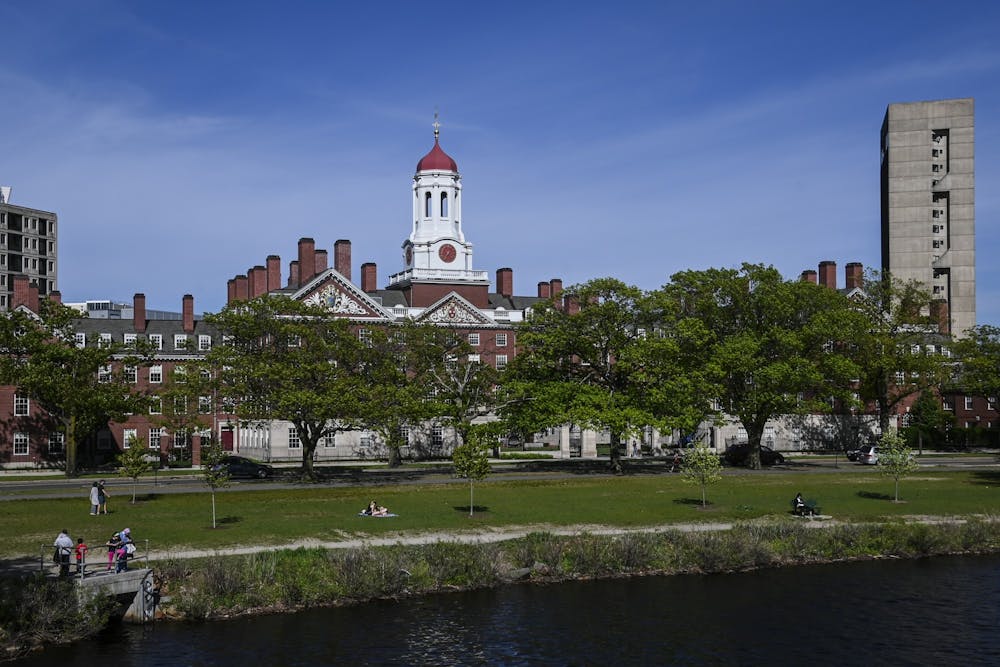In July, the Ivy League announced the cancelation of all fall sports at least until Jan. 1 due to concerns surrounding the coronavirus pandemic. The league office released suggested guidelines that would allow for the return of full practices in a phased manner. Movement between the three stages would be determined by the individual institutions based on school and state regulations. A bit more than midway through the semester, here’s a look at the other seven Ivies as they adapt to the pandemic.
Yale
Yale was the first in the Ancient Eight to take steps to more official athletics activities. At the end of September, Yale moved into phase one in its return to in-person activities. Phase one allowed athletes to participate in masked weight training and conditioning sessions with up to 10 people, for a maximum of one hour a day.
After two and a half weeks of phase one practices, the Bulldogs transitioned to phase two. Phase two extended practices to a maximum of two hours of training per day and also included sport-specific training. This phase also allowed for in-person athletics meetings in groups up to 10. Less than a week later, the Elis paused all in-person athletics activities after six members of the men’s hockey team tested positive for coronavirus. On Monday, Yale returned to phase one training.
Harvard
One week after Yale moved into phase one training, Harvard followed suit. According to the Harvard Crimson, athletes living off-campus were not allowed to participate in these training sessions. Harvard also reopened the Malkin Athletic Center, allowing all students to use the pool, weight, and cardio rooms by signing up for a time slot.
The Crimson started phase two sport-specific training one week later. Despite Harvard moving quickly through the first two phases, a Harvard Athletics spokesman told the Crimson that it is unlikely the university will lift restrictions that would allow athletics to progress to stage three.
Dartmouth
One day after the Ivy League announced that all fall sports would be canceled, Dartmouth had an announcement of its own. Dartmouth announced that the men's and women's swimming and diving, men's and women's golf, and men's lightweight rowing teams would all be eliminated. The school’s statement cited financial reasons before and during the pandemic as reasons for the cuts.
Despite the cuts, the remaining programs moved into phase one of training sessions at the end of September. In mid-October, Dartmouth began phase two training sessions on a sport-by-sport basis. According to The Dartmouth, sports like tennis have not been able to practice, as most of their athletes have not returned to campus.
Meanwhile, both of the Big Green’s hockey teams were forced to stop practices after New Hampshire’s governor announced that all indoor skating rinks would be closed for two weeks following several breakouts in the state that were linked to ice hockey.
Brown
In May, Brown also made changes to its varsity teams, demoting the following teams to club status: men's and women's fencing, men's and women's golf, women's skiing, men's and women's squash, women's equestrian, and men's track and field and cross country. Meanwhile, club coed and women’s sailing were upgraded to varsity sports. The statement by Brown Athletics cited improved competitiveness for the reason for the changes.
In the months following, Brown reversed its decision regarding men’s track and field and cross country, women’s equestrian, and women’s fencing. At the beginning of October, athletes were able to have in-person practices with strict guidelines. According to the Brown Daily Herald, each athletics field is split into four quadrants, with teams limited to using their quadrant for an hour a day. Throughout the field, there are markings and cones marking six feet of distance from one another.
Cornell
Like Harvard and Dartmouth, Cornell also transitioned into phase one training sessions at the end of September. The decision came after Cornell consistently reported low numbers of positive coronavirus tests. Cornell has yet to announce any plans to transition to phase two.
Columbia
With fall classes being conducted remotely, Columbia has made no moves towards official team practices. The pandemic has eliminated any chance of Columbia defending its 2019 NCAA Fencing Championship. Athletes are still allowed to meet with coaches and teammates virtually.
Princeton
Similar to Penn, Princeton’s classes have been entirely online this semester, and no moves towards official team practices have been made. Like Columbia, athletes are still allowed to meet with coaches and teammates virtually.









